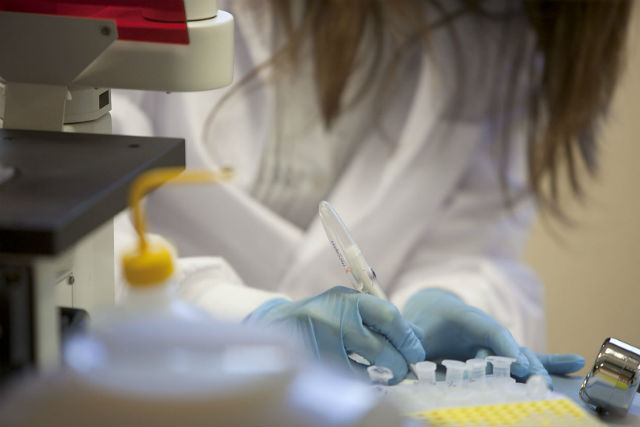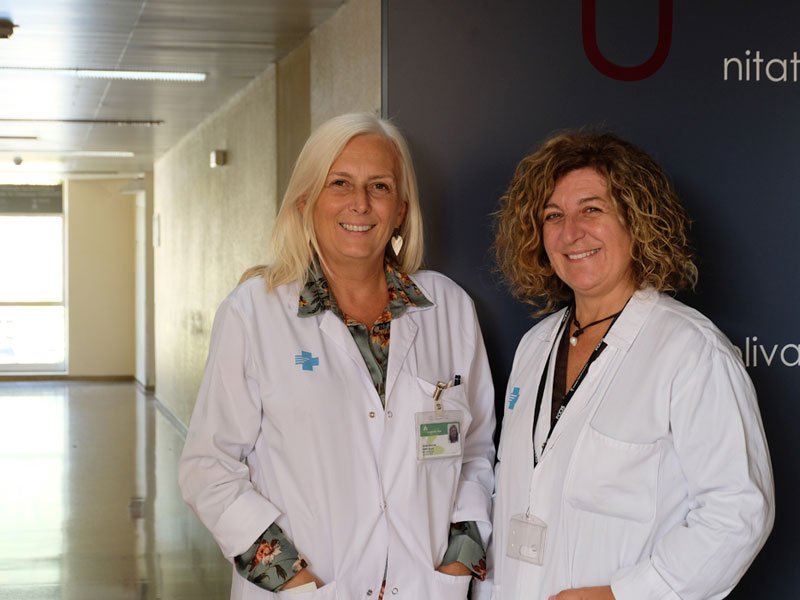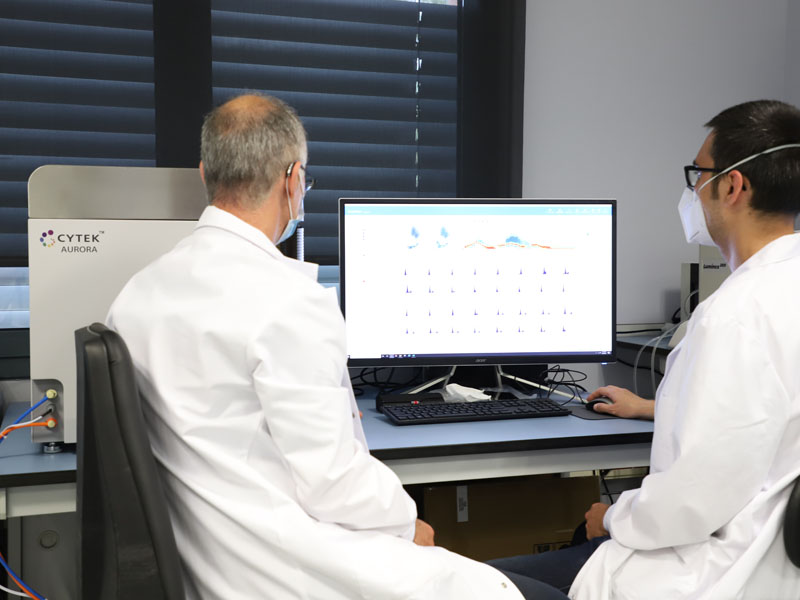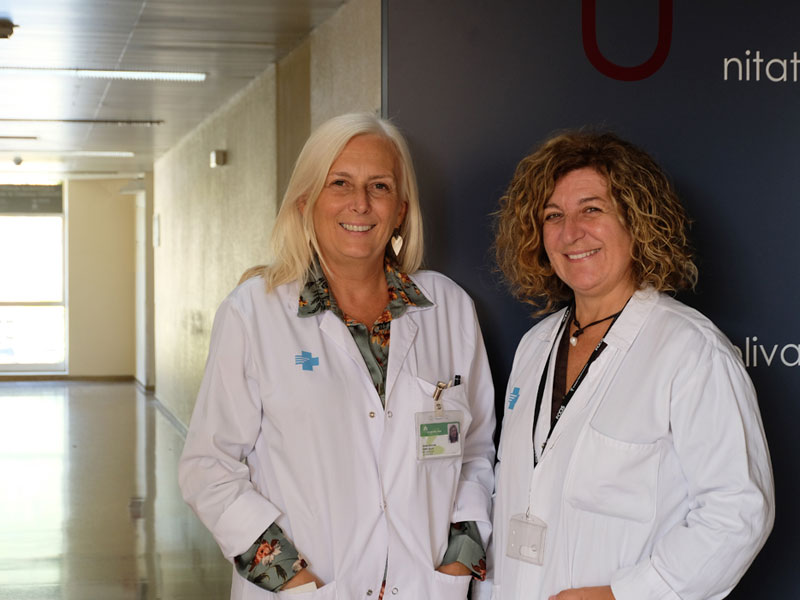Germans Trias Hospital launches the first screening program in Catalonia to detect type 1 diabetes before the onset of symptoms
Early diagnosis can help prevent serious complications, reduce hospital admissions and minimise the impact of disease onset in children and adolescents
_1766478647.jpeg)

_1762445197.png)







